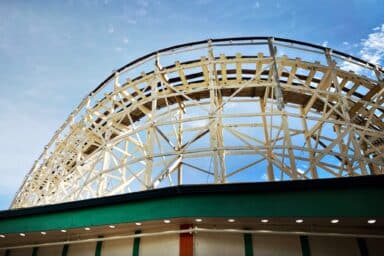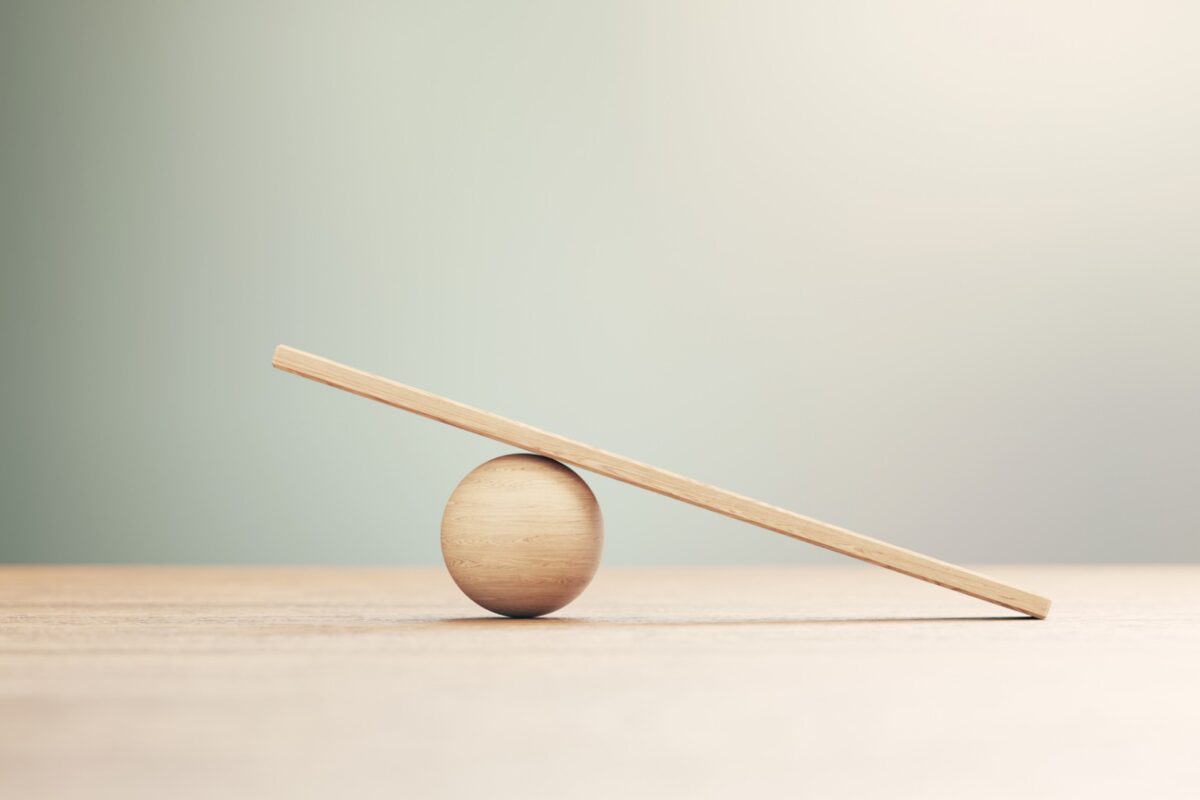

This therapist directory is offered in partnership with BetterHelp. If you sign up for therapy after clicking through from this site, HelpGuide will earn a commission. This helps us continue our nonprofit mission and continue to be there as a free mental health resource for everyone.
Need to talk to someone now? Find a crisis helpline
If you're a BetterHelp therapist with questions about your directory listing, please contact therapists@betterhelp.com
The extreme highs and lows of bipolar disorder can damage your relationships and disrupt your daily life. But you’re not powerless. With treatment, support, and good coping skills, you can manage your disorder and keep symptoms in check.
View FAQs


The role of medication in treatment and your different options

How to support a friend or family member with bipolar disorder



Coping with addiction and a mental health problem


How it works and how to decide if it’s the right treatment for you
